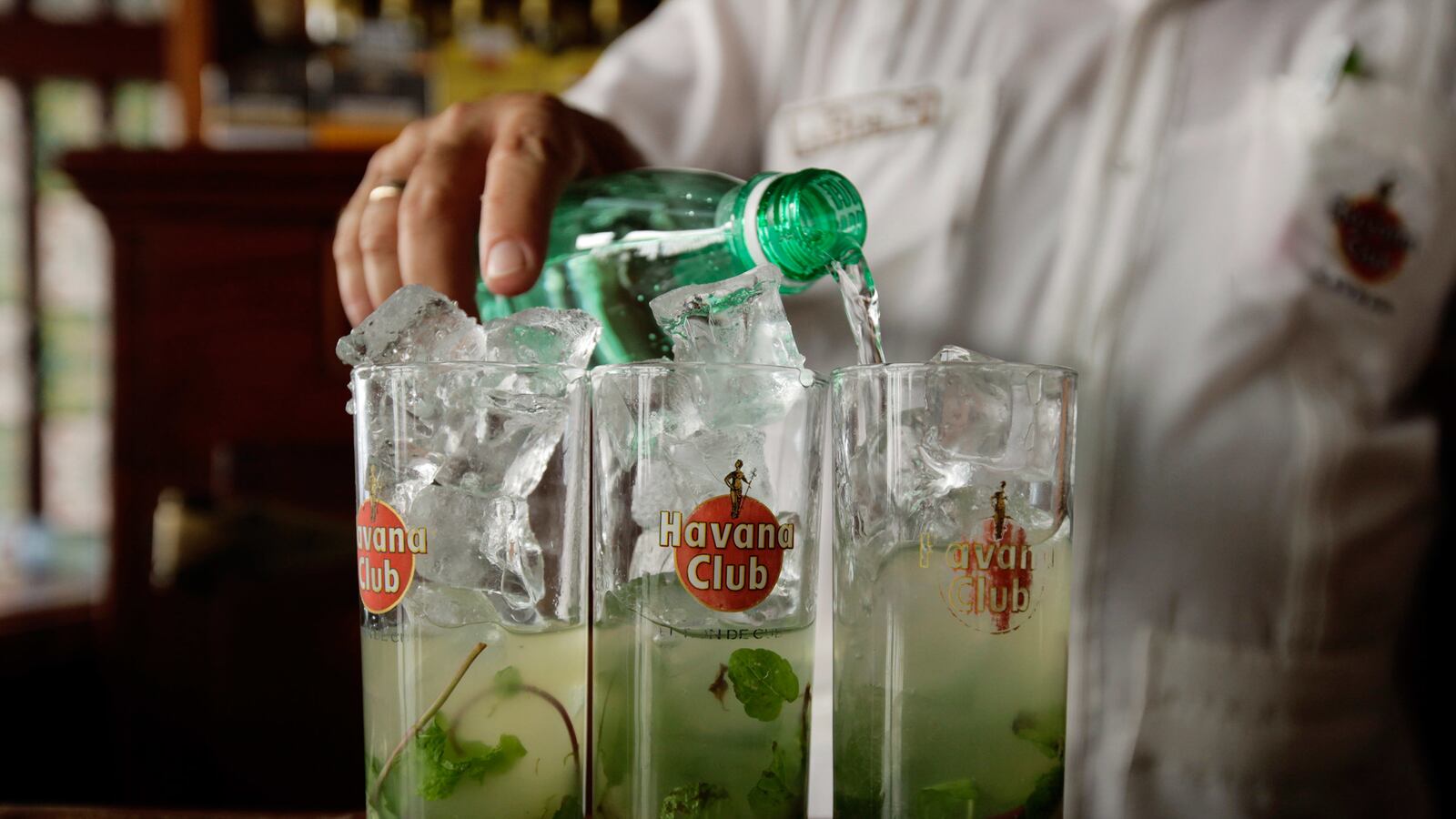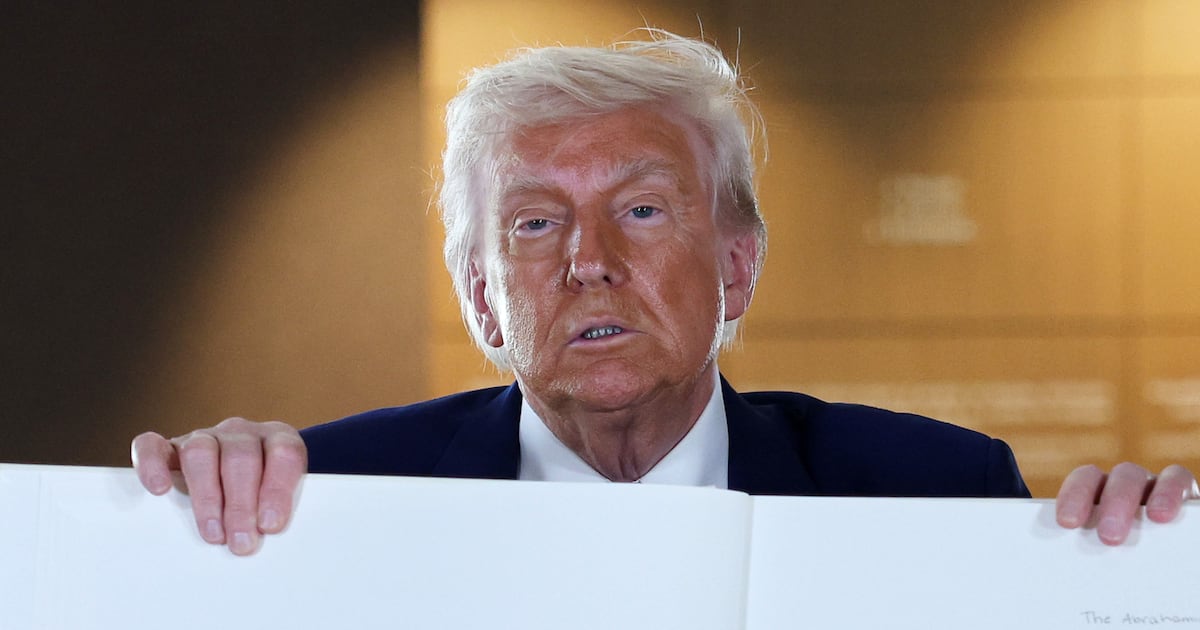Pictures of Michelle and Barack Obama touring Cuba have gotten drinkers and smokers dreaming about finally getting boxes of genuine Cohibas or bottles of real Havana Club Rum in the US.
But before you start inviting your friends over for a party, be warned: It’s still not that easy to buy these coveted products.
As it stands, the average citizen has two privileges they legally did not two years ago: to enjoy Cuban rum and cigars in other countries anywhere around the world (something many people didn’t even realize was illegal) and to bring back, from Cuba, up to $100 worth of cigars and/or alcoholic beverages. (And they’ve got to come back from Cuba in your own hands.)
But sadly you still aren’t allowed to bring Cuban products back from another country.
Of course with any policy like this there are frustrating problems, like the fact that as a consumer you’re given a choice: spend your money on fewer nice products or more cheap products.
A hundred bucks worth of Cuban cigars isn’t much, with some of the cheaper stoogies you’ll get a full box of 10-25 smokes, but most of the well-known brands, like Cohiba and Montecristo, sell for a minimum of $10 a cigar for even the smallest size. In some cases a single cigar could run you over $50 US, meaning you could walk out of Cuba with only one item.
There are even some products that are, by nature of price, still illegal. Look at rum: the lowest entry point in the Havana Club portfolio, 3 Años, can cost less than $20 but you wouldn’t be able to bring even a single bottle back of the 15 Años version, which can cost as much as $200.
The demand for high-end products and the frustration over existing rules is turning some eyes to the next step: fully legal Cuban imports. Lots of companies expect Cuban cigars to be big business once they’re allowed stateside. Chief among those optimists is the Cuban state’s own Habanos S.A., which in 2015 told Reuters it expected to capture as much as 25 percent of the US cigar market.
Fortunately, that won’t necessarily mean a price increase from the current international average—or from what you would pay in Cuba now. In fact, sources suggest that Habanos may be stockpiling product for rapid release as soon as the American market opens up.
It shares a parent (Imperial Tobacco Group) with Altadis U.S.A., maker of many non-Cuban products, and it’s expected that Habanos will have little trouble bringing its products into the market through existing distribution channels.
With a balanced supply and demand ratio, it’s possible that after the initial bubble of interest has popped, Cubans could become cheaper than they are now.
And Habanos won’t hold their monopoly forever. Other cigar companies are reportedly investing in farmland and factory spaces in Cuba, hoping to eventually make their own products with the coveted “Habana” label as well.
That would give the existing brands some much-needed competition. And the competitors, who’ve spent decades providing cigars to the American public, might have an advantage in knowing their customers just a little bit better.
But that’s likely still a few years away.
In the meantime, we were curious about what future iterations of the rules might include but the Commerce and Treasury departments as well as the U.S. Customs and Border Protection didn’t want to comment.
However, Hans-Kristian Hoejsgaard, CEO of Oettinger Davidoff AG, thinks it may be sooner than later. “When the US embargo falls, probably during the next administration, and Cuban cigars can be legally enjoyed in the USA, I think it will create new excitement around the cigar category as a whole and benefit everyone.” And he’s not worried about sharing the US market. “Davidoff and the Cuban brands in Europe, Asia and Travel Retail have competed and lived side by side for decades and have created noise and interest in the category as a whole, and I don’t see any reason why it should be different in the U.S.”
President Obama’s visit to Cuba this week, however, may further speed up the process of reigning in tough regulations lingering from the “full” embargo. But in the meantime, you can at least (legally) have everything you want while you’re away from home. And that’s something we can all drink to.
Updated 12:45 p.m. 3/23/16 to add comment from the CEO of Davidoff AG.




